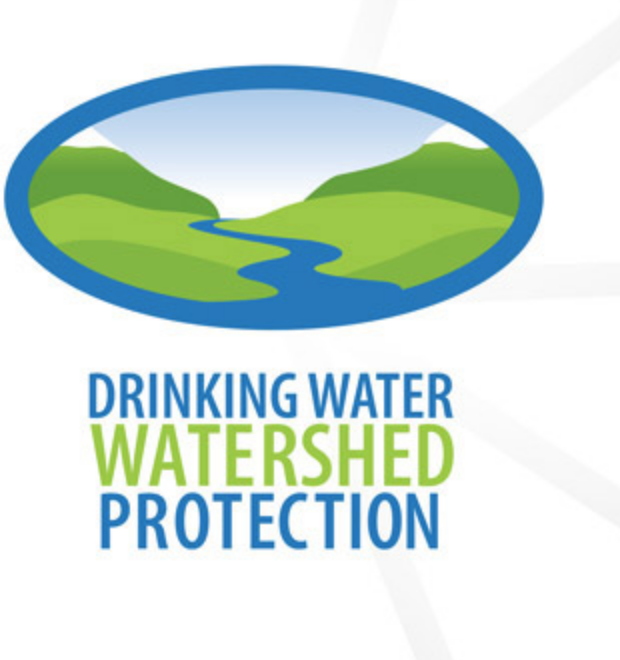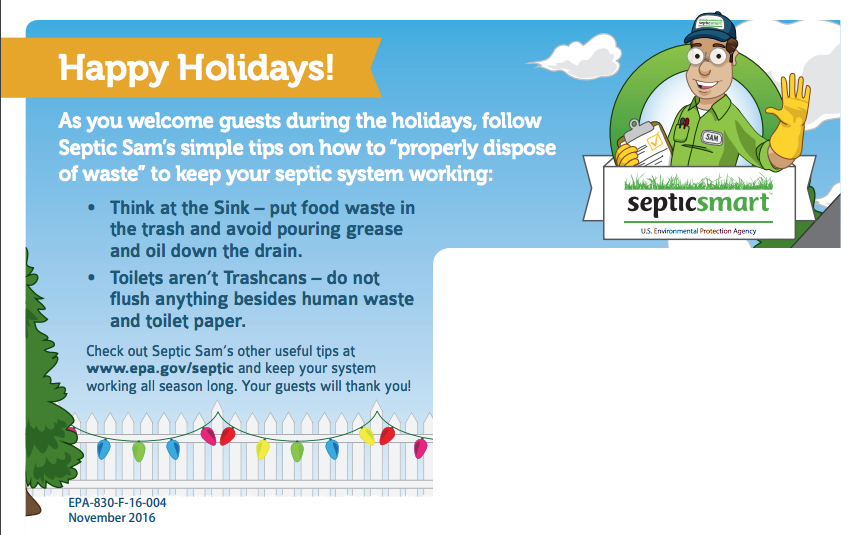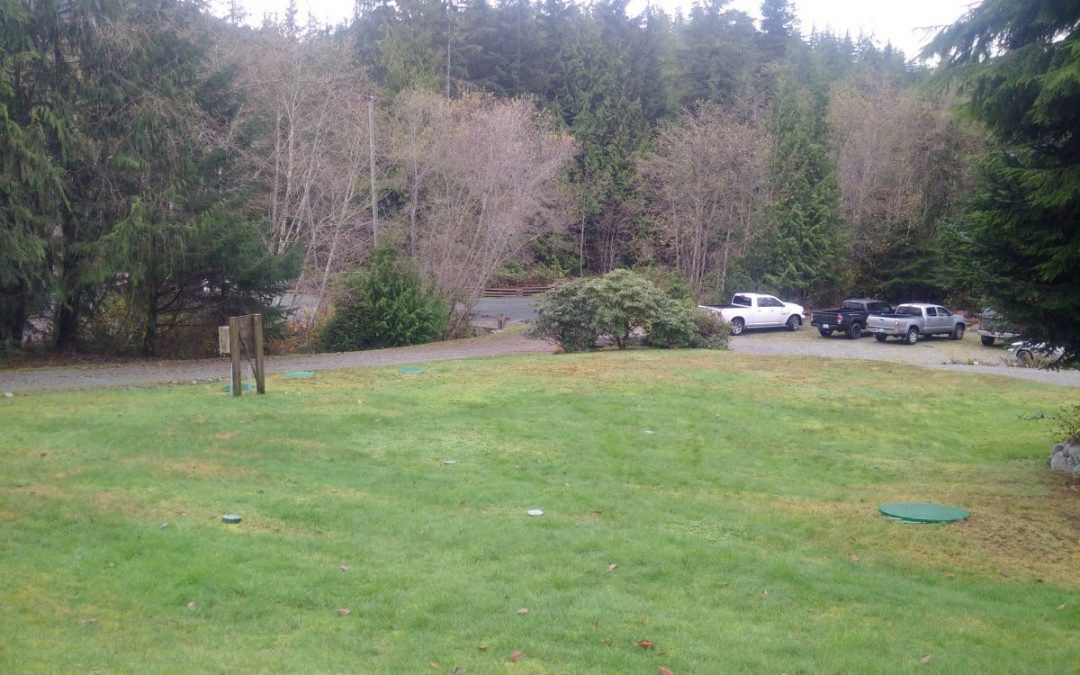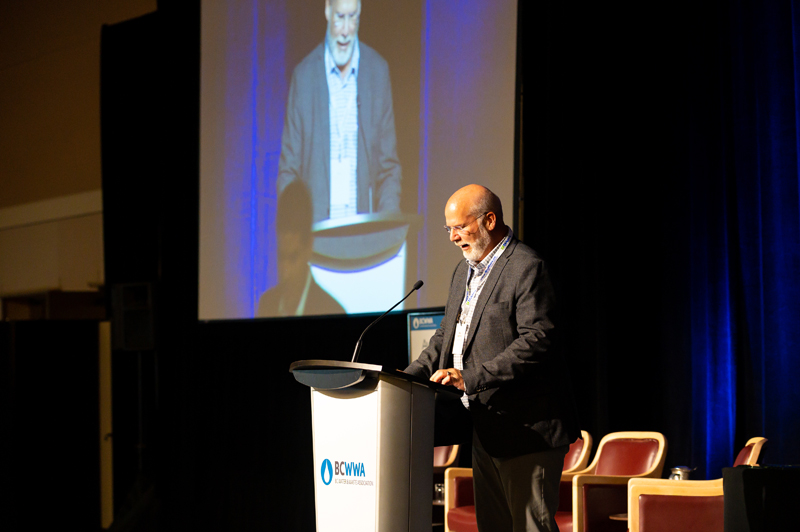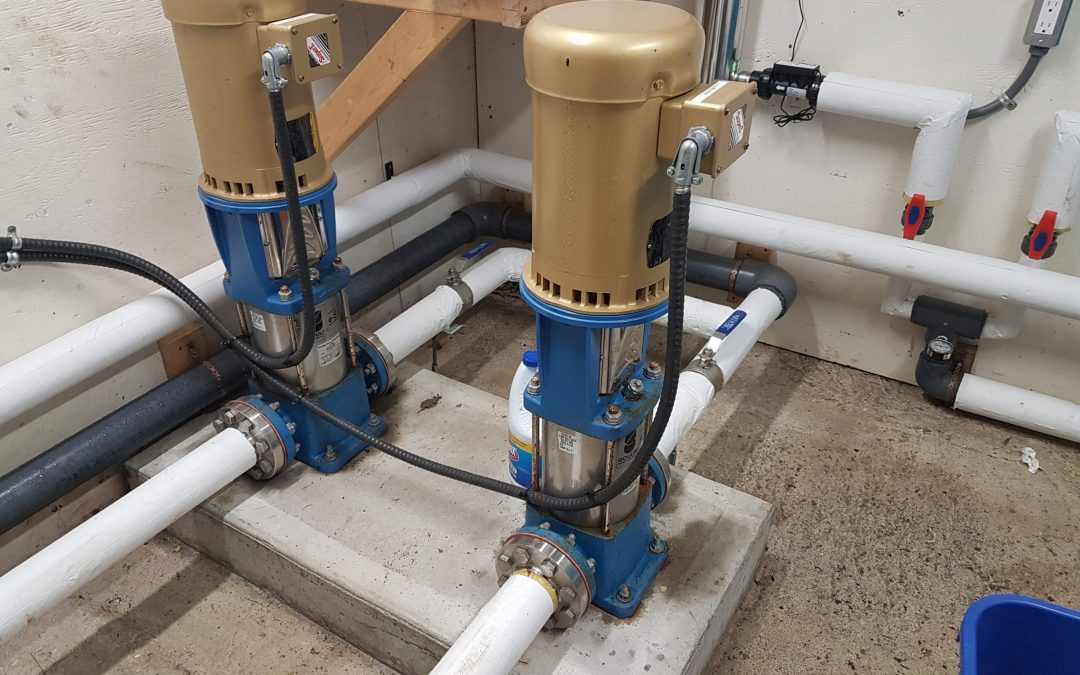
Clayoquot Wilderness Resort Update
Below is an update on Clayoquot Resort sewage and water repairs.
The wastewater system/water treatment servicing the guest accommodation area was filed under the Sewerage System Regulation (SSR) in in 2011. The treatment system was assessed by MSR Solutions Inc., in May 2018. Most of the deficiencies identified have since been repaired. The assessment identified the existing disposal field had failed due to organic overloading.
Attempts to rehabilitate the field were unsuccessful, so a new force main was installed, and new infiltration basins were built close to the horse barn for effluent disposal. An amendment to the filing was submitted by MSR to document the replacement disposal area. The most recent assessment in October 2019 identified a few operation and maintenance recommendations to improve effluent quality and the longevity of the new infiltration basins. The investigation also identified a potential shortcoming of the original collection system that may partially explain the historically poor effluent quality. If effluent quality targets are not attainable during the 2020 season, despite appropriate routine monitoring and operation as outlined in the operating manual, installation of additional primary treatment (septic tanks) will substantially improve treatment system performance.
New Equipment Installed
New wastewater treatment and disposal systems were installed in 2019 to service the staff accommodation area. The new works have been filed by MSR under the SSR, and consist of primary sedimentation, aerobic treatment, secondary sedimentation with effluent filtration, and dispersal via rapid infiltration basins.
Clayoquot Wilderness Resort (CWR), located at the head of Bedwell Sound near Tofino, British Columbia, is serviced by one water system and two wastewater systems. Works have been implemented over the past 12 months to improve the performance and safety of these three utilities and bring them into compliance with the applicable provincial legislation.
Improvements for Safe Drinking Water
The water source for the resort is a single shallow well, which draws from an aquifer directly connected to the nearby Bedwell River. The Water Sustainability Act (WSA) and Drinking Water Protection Act (DWPA) set out standards for the construction and operation of wells and drinking water systems respectively.
Wellhead improvements, including installation of a well cap and surface grading, have been implemented to meet the standards of the WSA. The water source has been determined to be Groundwater Under Direct Influence (GWUDI) of surface water, which requires a treatment system that meets the Vancouver Island Health Authority’s (VIHA) “43210” policy. At CWR, this level of treatment is being attained by using 1-micron absolute filtration, UV disinfection, and chlorination.
Other Improvements
Other improvements to the water system include the installation of 36 m3 of treated water storage, well pump replacement, and reparation of several major leaks in the distribution system. An inspection was conducted in October. There are a few minor tasks to be completed on site prior to making application to VIHA to issue the drinking water system Operating Permit.
The work is still ongoing. See our services page or search our site for more information on what MSR Solutions can do for your project.
